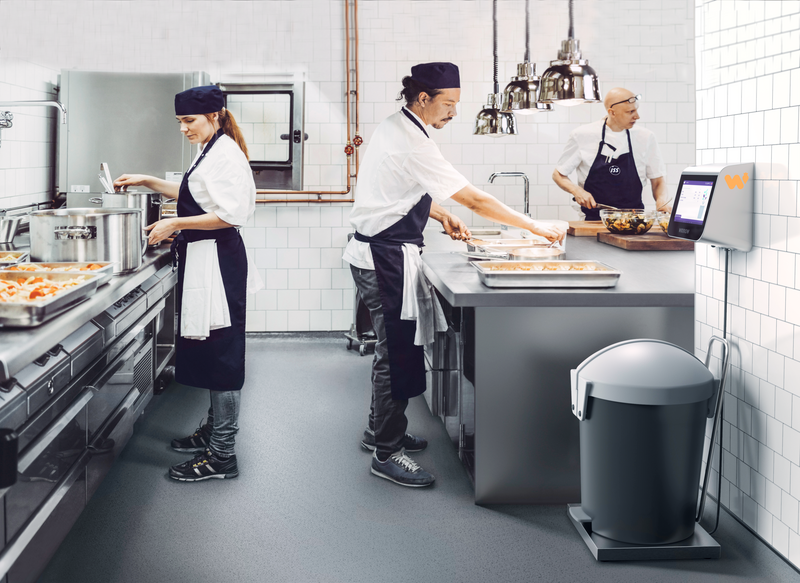Thinking critically about data
First, Hamish explains, clients must understand where waste is being generated from. To do this, ISS uses an AI-based kitchen waste management system that analyses food waste across its global portfolio of businesses. ISS collects data from thousands of ISS locations and through the millions of transactions that occur weekly.
“Using this data, we found that production trimmings, plate waste and over production of main meals contribute to almost 60% of the total food waste generated in our business,” explains Hamish. These insights have helped ISS work with local site teams to strategically plan menus and optimise food portions as well as set specific targets for each country. Reviewing data sets to understand the nuances of individual locations as part of wider global trends is essential, adds Hamish.
“It was important for us to be clear about how we were going to measure greenhouse gas emissions and food waste,” he explains. This included taking guidance from the World Resources Institute and Winnow, a commercial food waste solution, on how the company should be categorising waste and emissions across the total food lifecycle and communicating that across the global business.
Hamish explains that the frequency with which organisations review their data is important. “It’s the discipline of reviewing figures daily, weekly, monthly—and then putting in corrective actions at a site or micro-level—that has been the basis for our success.”
Technologies can help companies to gather information at different sites. An innovative way ISS has been able to leverage data is through sensor technology. This not only helps capture how many people go into the office each day but also how many eat at the on-site restaurant. “Keeping track of those patterns really helps us minimise waste.”
This technology now has a 95% accuracy rate, which helps the sites minimise waste by being able to plan ahead. Through these data insights, ISS is now achieving a collective annualised saving rate of 985,000 tonnes of food waste for its customers. That is equivalent to saving 2,463,000 meals and reducing CO2 emissions by 4,200 tonnes.

